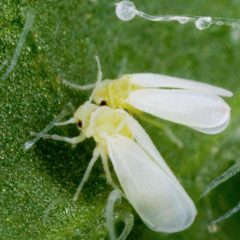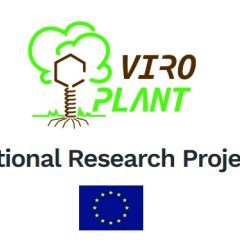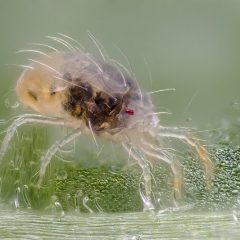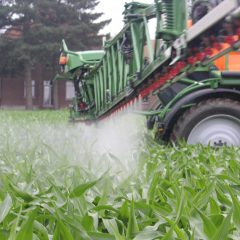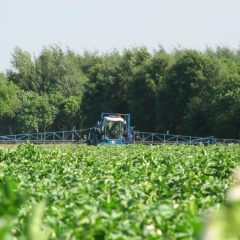Research project SUPPORT for adopting IPM strategies

General introduction
Improved acceptance of IPM (integrated pest management) by gardeners and farmers is the goal of the SUPPORT project. Crop protection is a broad term that includes both chemical pesticides and IPM measures. The first category enjoys a reputation for securing crop yields, but on the other hand there may be risks to biodiversity, the environment and human health. The second category - integrated pest management (IPM) programs - is perceived by some growers to be just the opposite. However, IPM, if properly designed, can play a role in becoming less a dependent on chemical pesticides. This depends, however on users becoming more confident, more knowledgeable and more experienced with that new approach. SUPPORT contributes to the wider adoption of IPM and other low pesticide-input technologies by developing relevant scientific knowledge useful for stakeholder and policy strategies.
Research approach
The research approach consists of four major steps. The central point (and first step) is to create a SUPPORT ecosystem, done together with the actors, that ultimately leads to transition. The second step consists of evaluating the impact of current and future crop protection practices and related policies and strategies based on a Pan-European inventory of IPM practices, using various indicators and multi-criteria analysis. The third step identifies the barriers and opportunities for the further uptake of IPM and low-pesticide-input practices and analyzes their impacts through the supply chain, using in-depth interviews, surveys, economic experiments and econometric analysis on existing databases. The fourth step designs public policies and private sector strategies for enhancing the adoption of IPM practices, tools and technologies.
Relevance/Valorization
The project will contribute to reaching the objectives of the Farm to Fork strategy by supporting farmers in the adoption of integrated pest management practices. The widespread adoption of IPM will be a cornerstone in reaching the F2F strategy's ambitious target of a 50% reduction in the risk and use of pesticides, while supporting the agricultural/forestry sectors to remain productive and contribute to sustainable and biodiversity friendly agriculture and/or forest health. Support will contribute to this by proposing a range of evidence-based policies and private sector strategies that stimulate the adoption of IPM and low pesticide input technologies.



